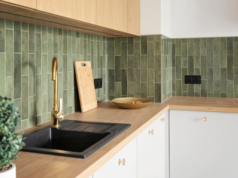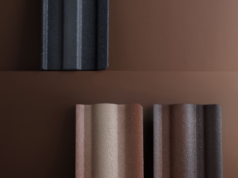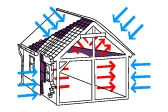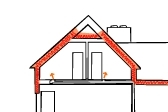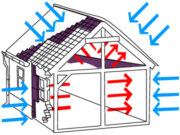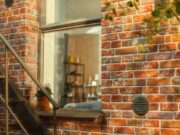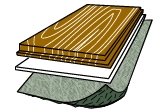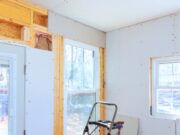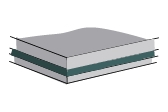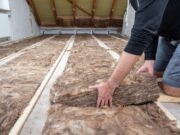Insulation for different areas
Find out what sort of insulation is required in different parts of your home, and why. Learn more about roof, wall, under-floor, door and...
Types of thermal insulation
There are all kinds of options when it comes to thermal insulation. Find out what sorts of insulation are available, and what's likely to...
Insulation & passive design
Effective insulation plays a starring role in how well a house is able to separate the climate inside from that outside - and is...
How to choose insulation
Different sorts of insulation vary in terms of how effective they are at controlling heat and sound, how they can be installed and how...
How does insulation work?
Different types of insulation work in different ways to help control the way heat and sound travel through your home.
Thermal insulation prevents the flow...
Double brick walls and RWAR
When you're planning a renovation or extension and want serious performance in soundproofing, fire safety and thermal control, double brick walls—or a more advanced room-within-a-room (RWAR) system—can make a big difference.
Acoustic underlay
Acoustic underlays sit underneath floor coverings to prevent sound from being carried through to the floor below. They also help to reduce heat transmission,...
Plasterboard walls and soundproofing
Plasterboard walls are a staple in Australian homes, offering a versatile, cost-effective, and efficient solution for creating internal partitions. Whether you're constructing a new home, renovating an existing space, or upgrading for better soundproofing and fire resistance, understanding plasterboard wall systems is crucial.
Barrier board
Barrier boards, also known as acoustic boards, are specially designed boards that feature two outer layers sandwiching a sound absorbing material. They are a...
BCA requirements for insulation
Insulation is a key component of any Australian home, helping to improve energy efficiency, reduce heating and cooling costs and create a more comfortable...


